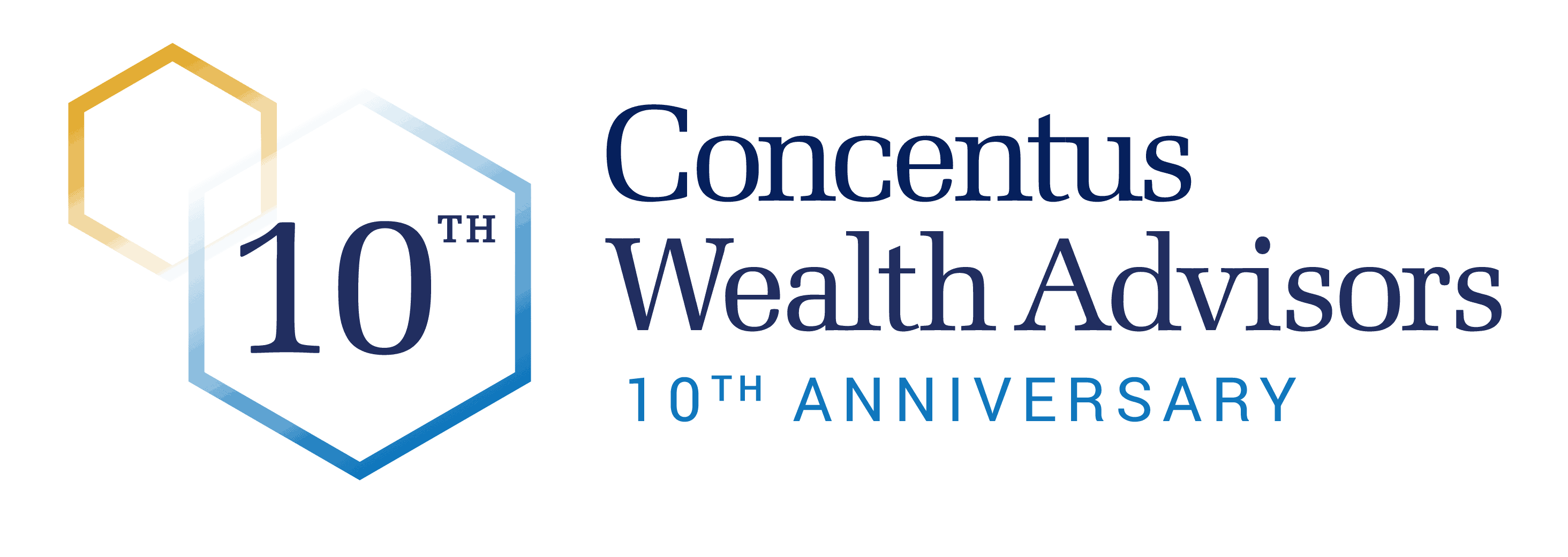In my experience advising families, one trait clearly stands out as the most common characteristic of successful people and their families. It isn’t greed, over-consumption, or even frugality. I’ve found that wealth creators tend to embrace their responsibility to give back as a core value, and they pass this passion for helping others down to their children at an early age.
Many of the successful families I work with see it as a benefit of their wealth that they can give back and make the world a better place. Many see their money as a sort of spiritual stewardship: they are the stewards and caretakers of their wealth, and they have an obligation to use it to help others and improve the world while enjoying it themselves. Beyond the obvious value that donated dollars provide to charities and our society, philanthropic efforts also offer tremendous value to those who give.
Why Philanthropy Encourages Gratitude
It turns out it doesn’t matter how you do it. Whether you write a one-time check to a cause that’s important to you or get involved with your chosen charities, philanthropy is an act of gratitude.
We’re seeing more and more families take a proactive approach to their charitable commitments through entrepreneurial philanthropy, which entails more hands-on management of the charity to ensure that it runs as efficiently as a business. You can pursue various levels of involvement when supporting a charitable organization with your resources.
From Entitlement to Gratitude
A positive outcome of active philanthropy is that it seems to pass easily on to the next generations an appreciation for the value of wealth. We have seen a very high correlation between a family’s commitment to charity and its success in preserving and building its wealth in successive generations. And what’s more, it seems the more we teach our children to give to others, the greater their chance of becoming wealthy themselves. I think giving back, and the gratitude it fosters helps a family avoid the problem of spoiling its younger generations.
Children raised in a world of wealth and abundance are at risk of developing an attitude of entitlement, with no appreciation for the value of the abundance around them or the hard work that it took to create it. Families that successfully replace entitlement with an attitude of gratitude teach future generations a deep respect and appreciation for the many blessings in their lives, along with emphasizing the hard work required to create those blessings. Philanthropy is the ultimate expression of gratitude.
The Family Charity at Work
For families that have decided philanthropy is a core value, creating a family foundation, a donor-advised fund, or other more informal strategies are natural ways to make this practice accessible and lasting.
Family contribution systems can range from the complex and expensive structure of a private family foundation to a much simpler and less expensive program. The important element is not the amount of your giving or the complexity of your charitable tax planning but rather how well your plan involves and impacts your entire family.
One key benefit of a family philanthropic effort is the shared intention behind it. Many times, a donation comes reactively — or when you’re asked. Think of a phone solicitation, a neighborhood kid asking for money, or a friend asking you to support their pet cause, golf tournament, gala, etc. Most of us make small contributions in these cases because we feel obligated, even when we have no emotional connection or commitment to the charity in question. It’s still a good deed, but to get that deeper connection to the act of giving, you’d be better served to work within your family’s contribution system.
Building a family philanthropic system lets your family direct where your contributions go and reap the joyful benefits of making a difference with commitments that are meaningful to you as a whole. Most importantly, it offers a platform for teaching children the value of contribution and how they can make a difference in the world.
The best part is that it doesn’t take a lot of money to do this. It is never too late to begin, even if your children are already grown. Family philanthropy can provide a wonderful reason for everyone to gather and reconnect throughout the year. All it takes is the discipline to start a new tradition and stick with it. The most important elements of this habit should include:
- Establishing a dedicated fund of assets earmarked for philanthropy and contribution in the form of a family foundation, donor-advised fund, or other simpler vehicles. You may wish to plan regular ongoing contributions to this fund as well.
- Planning for this fund to receive contributions regularly and for all family stakeholders to be informed about the level of funding and how it is being used.
- The family meeting annually, if possible, to review the fund and make decisions about contributions. A family retreat is the perfect setting! All family members should have information about the assets available and have a vote in funding decisions. Each should also be able to identify a worthy charity to receive support. Even the youngest children should be part of this meeting.
Give the Gift Money Can’t Buy
One of the true privileges of wealth is giving back in ways that are meaningful to you and your family. At Concentus, we work with families to select charitable endeavors that inspire them, plan their donations and commitments, and execute their philanthropic plans. It’s gratifying for us as financial advisors, too!
Give us a call if you want to discuss your accounts and charitable giving.
About VALUABLES
Many financial advisors focus on communicating with clients to provide complex analysis of the investment markets and economies. However, we have learned that most clients are not particularly interested in this complex analysis. Most clients hire an advisor for their knowledge of the markets, not for their ability to explain that knowledge. Most want to know what time it is, not how to build a watch.
Experience has taught us that wealthy families care most about using their wealth as a means to a desirable end, which is to achieve a more satisfying, fulfilled and impactful life, and to fulfill their most important Life Values.
VALUABLES is a periodic article series focused on the concepts, systems, and habits which we have observed among families who have been successful in this quest to use their wealth as a tool to live a life of significance. The most successful families share a set of habits, systems, and insights which enable them to use their wealth as a tool to fulfill their Values and what is most important to them.
We named this article series VALUABLES, because it provides an exploration of those habits, systems, and insights. We hope it will help you to consider your assets and possessions which are most valuable to you, and how you can use your financial wealth to enhance and cultivate your true “Valuables”.


Leave A Comment